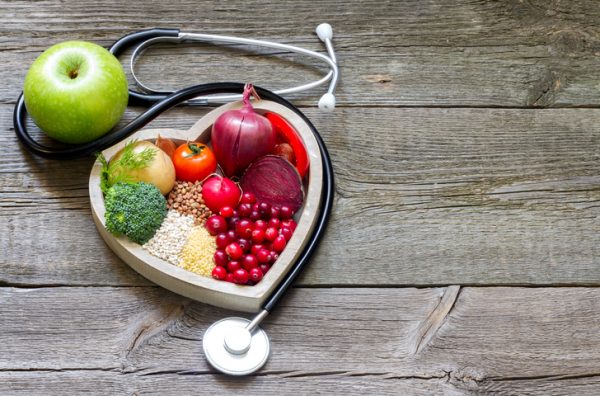Eat Yourself Healthy – Introduction
It is obvious that any successful healing programme depends upon a good diet. But what constitutes a good diet? And is it the same for everyone? Do your dietary needs change according to your geographical location, your age or the seasons? I have been trying to answer these questions since I graduated as a nutritionist 25 years ago, when I was confident I knew all there was to know about diet and health. But as they say ‘the more you know, the more you realise you don’t know’, and this has certainly proved to be true in my case. Working with clients soon showed me I hadn’t even started my nutritional education, and the more I have learned, the less certain I have become about giving out dietary advice. Undaunted, over the next few blogs, I am going to attempt to share my current knowledge with you, on the understanding there is no absolute truth and that I may never know half of what there is to know about diet. Over my dietary journey which has spanned more than two decades, I wrote two books ‘Go Paleo’ – and its accompanying recipe book, ‘The Urban Caveman’. The information in ‘Go Paleo’ is sound, and explains why modern grains, dairy and sugar are so challenging to health.
In a world driven by economics, it is difficult to obtain unbiased information, and health is a prime example, which is one of the reasons for so much conflicting information. Health science, like everything else, is subject to market forces, with published research often being little more than advertising copy for new drugs or commercially produced foods.
If you are thinking about changing your diet, you want to be sure it is not only going to be worthwhile but that it is not going to be harmful. Cutting out foods or food groups, or eating more of others, will alter your biochemistry, and could lead to imbalances which may not become apparent for years.
Your digestive system
So, before we look at different diets, let’s first talk about how our digestive systems have changed. Food allergies, rare fifty years ago, are now commonplace. The ecological environment of the gut is completely different in a breastfed baby compared to its bottle-fed counterpart, influencing immunity for the lifetime of that baby. Sensitivity to lactose often results from the destruction of lactose-digesting bacteria by antibiotics. Electromagnetic radiation, pesticides, sugar, preservatives and glyphosate destroy beneficial bacteria which can lead to SIBO (small intestinal bacterial overgrowth), yeast overgrowth and a corresponding reduction in immunity. A lack of starch digesting bacteria has led to the development of the FODMAP diet, which alleviates symptoms in the short-term, but in time can lead to a worsening of SIBO due to the elimination of the carbohydrates upon which the good guys depend for their survival.
The Modern Diet
The industrialised diet is nothing like the diet your body needs to thrive. Pesticide-laden, fungicide-washed, irradiated, glyphosate saturated, chemically fertilised, genetically modified, microwaved, hormonally altered food-like substances are what most people in the developed world subsist on. But did you know there is evidence that in the far distant past people lived to over two hundred years? Nobel prize winner, Dr Alexis Carrell became world famous when he discovered that the cell, when properly nourished and cleansed, is essentially immortal? Where does that leave apoptosis (programmed cell death) that we are taught is a natural process to make way for new cells? Rather than being normal, could apoptosis in reality be a necessary adaptation to a hostile environment? Damaged cells need to be got rid of to prevent them going rogue, as they do in cancer, and increased apoptosis speeds up ageing. Fasting, or reduced calorie consumption, encourages the repair rather than destruction of cells, and this is one of the reasons intermittent fasting is associated with longevity.
Should you be brave enough to enter the dietary minefield, here are some of the diets you may encounter:
- Paleo
- FODMAP
- Gluten free/dairy free
- Low carb – which is variably high protein
- High fat (ketogenic)
- Low fat – which is invariably high carb
- Anti-Candida which may involve abstaining from fruit
- Sugar free – does this exclude fruit as well?
- Low salt
- Vegetarian
- Vegan
- Pescatarian
- Weston Price (pre-Industrial but post Paleo)
- AIP (Anti-inflammatory, Paleo) – recommended by some for autoimmune disease
- Organic
- HCG (weight loss diet)
- Detox diets (usually high in green juices and vegan)
- Blood type diets
- Raw vegan.
That makes nineteen, and counting! Sadly, I have personal experience of all of them, but over the next few blogs, we are going to look at the different diets listed above, starting with The Paleo diet. My first introduction to the Paleo diet was at a seminar on autoimmunity in 2007 at which I thought ‘ no grains/no dairy’ would never catch on. How wrong I was!




